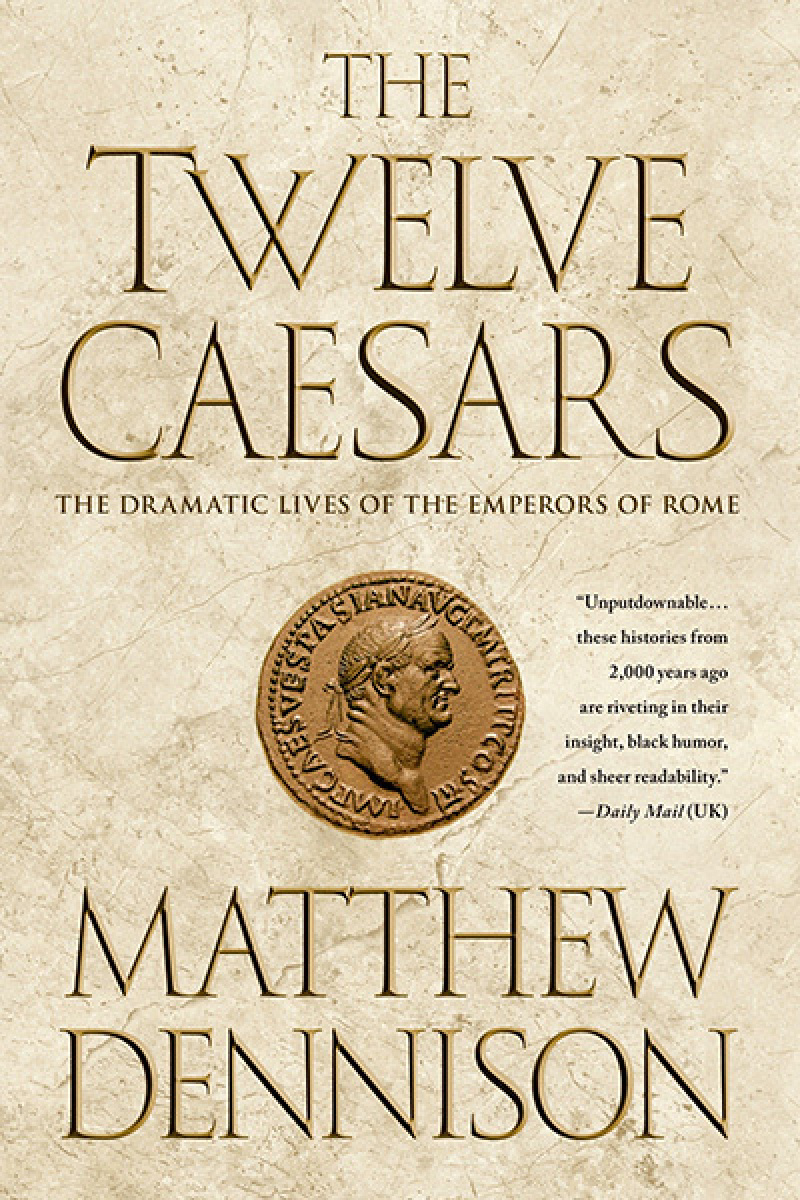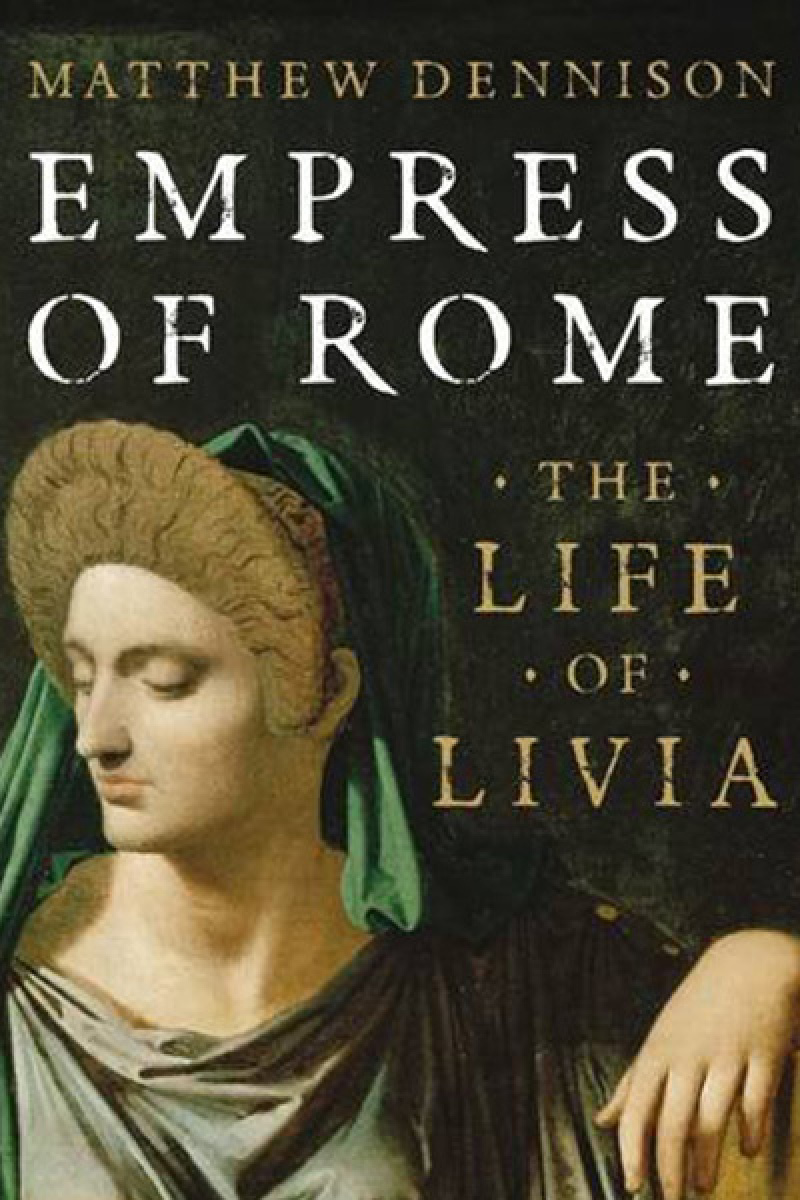The Twelve Caesars

The Twelve Caesars
An unforgettable depiction of the Roman empire at the height of its power and reach, and an elegantly sensational retelling of the lives and times of the ‘twelve Caesars’ of Suetonius.
One of them was a military genius; another prostituted his sisters and made his horse a senator; yet another fiddled while Rome burned. Six of their number were assassinated, two committed suicide – and five of them were elevated to the status of gods. Thanks to the Roman historian Suetonius, they have come down to posterity as the ‘twelve Caesars’ – Julius Caesar, Augustus, Tiberius, Caligula, Claudius, Nero, Galba, Otho, Vitellius, Vespasian, Titus and Domitian. Under their rule, from 49 BC to AD 96, Rome was transformed from an oligarchic republic to a monarchic dictatorship, whose model of regal autocracy would survive in the West for more than a thousand years thereafter.
Following in Suetonius’ footsteps, Matthew Dennison offers a beautifully crafted sequence of colourful biographies of each emperor, triumphantly evoking the luxury, licence, brutality and sophistication of imperial Rome at its zenith. But as well as vividly recreating the lives, loves and vices of this motley group of despots, psychopaths and perverts, he paints a portrait of an era of political and social revolution, of the bloody overthrow of a proud, 500-year-old political system and its replacement by a dictatorship which, against all the odds, succeeded more convincingly than oligarchic democracy in governing a vast international landmass. The story of Rome’s rejection of group rule for autocracy, with its accompanying ruler-personality cults and focus on a single individual, dramatically foreshadows the stories of later dictators and even today’s tabloid-charged obsession with celebrity.
The lives of all twelve Caesars are – like classical tragedy – studies in the conflict in public life between personal fulfilment and larger obligations. The Twelve Caesars confronts in luridly coloured and memorable snapshots Lord Acton’s assessment that, ‘Power tends to corrupt, and absolute power corrupts absolutely. Great men are almost always bad men.’
 Matthew Dennison
Matthew Dennison








